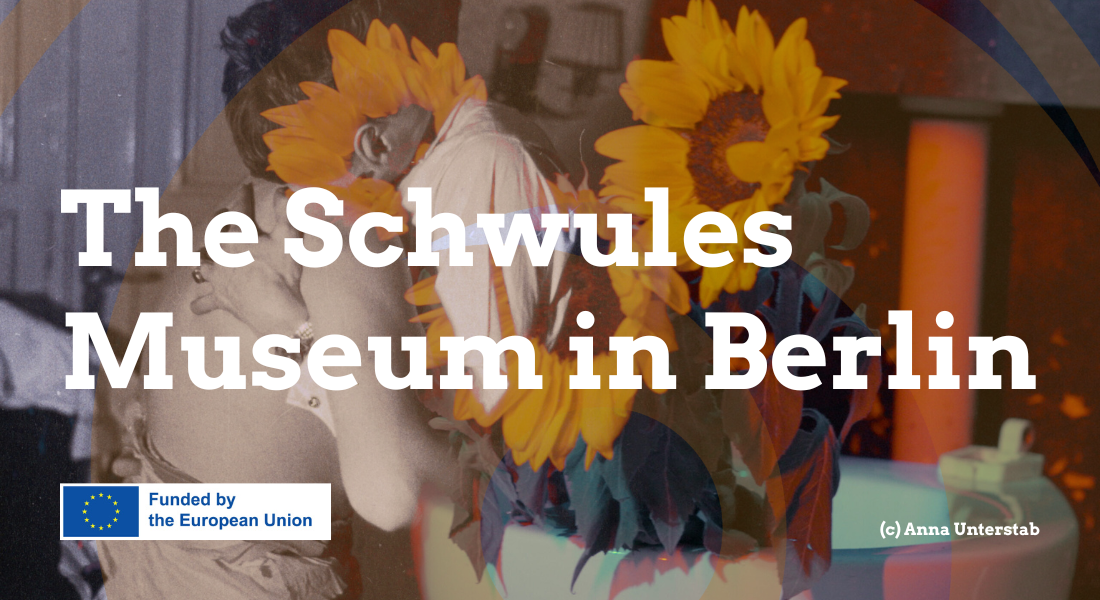
04/12/2024
Did you know the Schwules Museum in Berlin? The Museum stands as the most important international center for researching, preserving, and presenting the culture and history of queer individuals, sexual and gender diversity, and is a sought-after collaborative partner for museums, universities, cultural support institutions, artists, and activists from around the world.
The Museum is an inspiring practices of GLAMs operating as commons and exemplifies the significance of community engagement, volunteerism, and the preservation of cultural and historical resources.
Read more about this case #3:
The Schwules Museum in Berlin by Ares Kalandides, Bastian Lange and Georgios Thodos
The Schwules Museum is worldwide unique because it combines political expression, scientific archival work, exhibitions, and workshops within an association structure.
It focuses on LGBTQ+ history and culture and remains adaptable to changing demands while maintaining a strong volunteer presence.
The sponsor of the Museum is the non-profit Association of Friends of the Schwules Museum in Berlin, founded in 1985. In addition to institutional funding by the State of Berlin, entrees fees, membership fees and donations form an indispensable source of income.
The association is run by a board of executives that are volunteers and that are elected for 2 years by the members of the association. The board is in charge for the financial stability, employees, and the thematic principles of the association. Approximately 60 volunteers secure many daily activities.
The core values are a distinct search for a secure space to express needs of each sexual identity, protection from political oppression, anti-LGTBQ+-expression as well as fascism, racism, and practices of socio-spatial exclusion. The museum’s staff, its volunteers and members transfer and express these values not only within the institution (e.g. in meetings, exhibitions, gatherings) but also in public venues such as at parades, political, academic, and cultural venues.
The Schwules Museum hosts a range of collaborations in different thematic fields and on different scales.
Starting from worldwide academic and research-oriented collaboration to joint political activities in Berlin as well as educational offers for local to international students, guests, and tourists.
Do you have a similar community engagement?
Overcoming financial constraints, addressing community engagement issues, or finding innovative ways to ensure sustainability, what are your success stories? How these obstacles can be surmounted? We invite you to share valuable insights and best practices, and to offer practical guidance for those looking to embark on similar initiatives.
We want to learn from your experiences. Feel free to leave your comment.